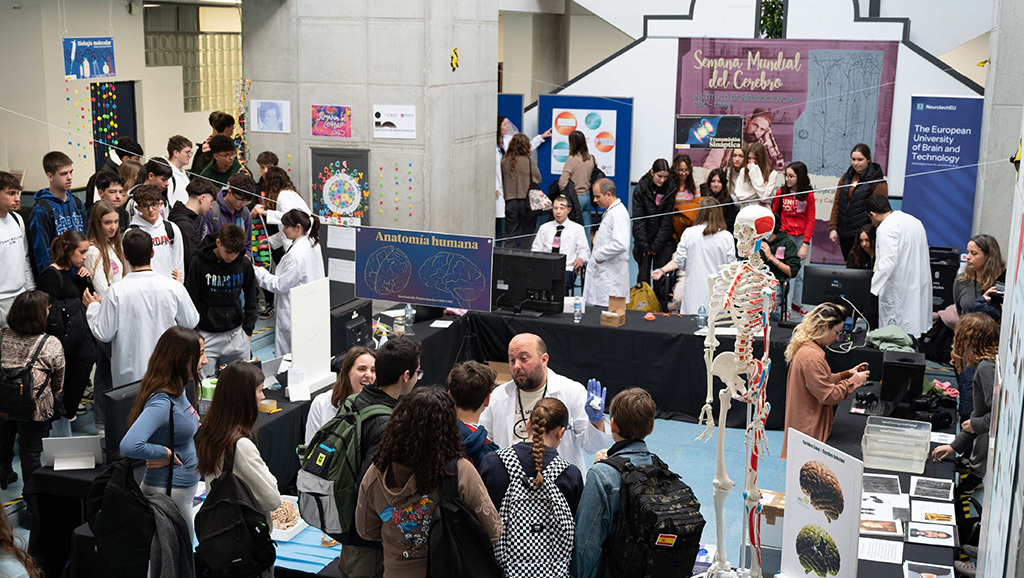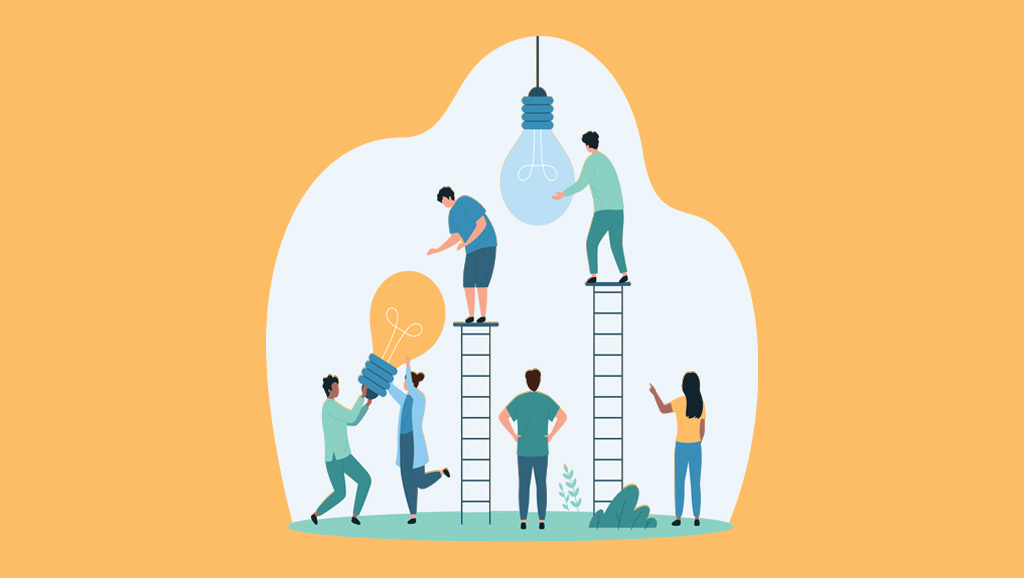What happens when AI built to comfort us ends up reshaping our emotional lives, steering us away from real growth? How should we think about a justice system that increasingly relies on brain-based evidence, even as its use may reinforce existing racial disparities? If organoids—three-dimensional, lab-grown brain-like tissues—can mimic conscious neural states, do we have a moral obligation to protect them?
These are just some of the questions addressed by the winning essays of the 2025 Neuroethics Essay Contest, an annual competition that promotes interest in neuroethics among students in high school, university, and early-career training programs. The entry categories are academic, general audience, high school, and video.
Run by the International Neuroethics Society (INS) in collaboration with the International Youth Neuroscience Association, this year’s contest was supported by the Dana Foundation through its NextGen program, which prepares the next generation of scholars to think reflexively and responsibly apply neuroscience knowledge to benefit society by supporting innovative training opportunities, workforce development, and collaboration across disciplines.
The winning essays are:
Academic
Affective Capture: Affective AI in the Intimacy Economy and the Loss of Relational Agency, by Elizabeth Emery, Technical University of Munich (United Kingdom/Germany)
The essay argues that affective AI built within the “intimacy economy” risks producing affective capture, where users become emotionally dependent on repetitive synthetic affirmation. Although such systems may ease acute distress, their routine use can undermine reflection, relational agency, and emotional growth by converting vulnerability into data and value. The author calls for a shift toward designing affective AI that prioritizes psychological flourishing and genuine relational agency over a singular focus on emotional resonance.
General Audience
The Neuroethical Paradox: How Brain Science Both Reshapes and Reinforces Racial Bias in Sentencing, by Adam Mulugeta, Boston College (Unites States/Canada)
The essay contends that while neuroscientific evidence is increasingly used in criminal sentencing to illuminate brain injuries, developmental immaturity, or trauma, its benefits are not evenly distributed. When such evidence is used to mitigate punishment for defendants of color, it risks masking and reinforcing existing racial inequities under the appearance of scientific neutrality. The author argues that only equitable access, transparent standards, and bias-aware interpretation can ensure neuroscience supports justice rather than deepening structural disparities.
High School
Dreams Without Dreamers: The Ethics of Emerging Consciousness in Brain Organoids, by Buse Altunbağ, Ruzgar Anatolian High School (Turkey)
The essay examines the emerging neuroscience of brain organoids and the possibility that they could develop rudimentary forms of awareness, raising profound ethical questions about their creation, use, and destruction. It argues that society lacks clear guidance on how to interpret synthetic brain activity and calls for a precautionary international framework to keep pace with scientific advances.
Video
EEG-Neurotechnology Usage in the Workplace: Is it Ethical?, by Diya Gupta, Marriotts Ridge High School (United States)
This video essay examines how brain-monitoring technologies in workplace settings could shift the balance between surveillance and employee autonomy. It reviews emerging neurotechnologies entering the workplace, the ethical questions they raise, and calls for safeguards to protect consent, mental privacy, and against discrimination and bias.
For the complete list of winning and honorable mention essays, with links to read/watch them, visit the INS website.




